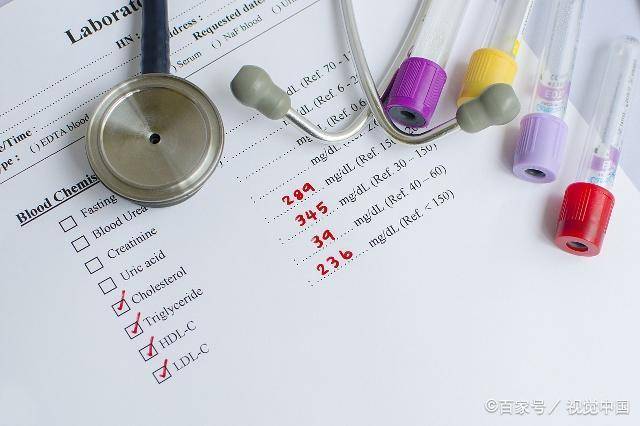Hyperlipidemia is a common chronic metabolic disease in daily life, collectively known as the “three highs” along with hyperglycemia and hypertension. In recent years, the issue of hyperlipidemia has been seriously affecting people’s health.
With the improvement of living standards, people’s diets are becoming richer with high-calorie and greasy foods, leading to excessive fat intake, causing obesity and posing a risk of high blood lipids, which is detrimental to health.
For some patients with hyperlipidemia, besides excessive fat intake, certain types of foods are also linked to elevated blood lipids. Most people might still indulge in them, but it is advisable to avoid them.
The “root cause” of hyperlipidemia has been identified. Many people still consume these daily, hence the persistent high blood lipids.
Steamed buns: Steamed buns are a common staple food, rich in starch made from wheat. While consuming steamed buns itself may not be harmful, the excessive starch can easily convert into carbohydrates in the body and accumulate, leading to an increase in triglycerides and causing high blood lipids, which is detrimental to health.
Therefore, for some hyperlipidemia patients, steamed buns, a staple food, are indeed the true root cause of high blood lipids. It is best to consume them sparingly to avoid elevated blood lipids and adverse health effects.
Noodles: Noodles are another common staple food in daily life with various preparations. Many people believe that noodles are easy to digest and beneficial for gastrointestinal health. However, being primarily made of wheat, noodles are rich in starch. Excessive consumption can convert into sugars in the body, leading to sugar accumulation, obesity, and even high blood lipids.
For those who love to eat noodles daily, it is advisable to abstain from them to prevent persistently high blood lipids and adverse health effects.
The “countermeasure” for hyperlipidemia is found. Persist in drinking water infused with these items to protect your blood vessels and stabilize blood lipids.
Buckwheat: Hyperlipidemia patients can incorporate buckwheat into their diet as it contains abundant rutin, which helps reduce triglyceride levels. Drinking water infused with buckwheat can aid in eliminating toxins from blood vessels, promoting vascular health, and stabilizing blood lipids, thus benefiting overall health.
Mulberry leaves: Drinking water infused with mulberry leaves is beneficial when facing hyperlipidemia. The nutrients in mulberry leaves help in clearing residual fats from blood vessels, lowering cholesterol and triglyceride levels, safeguarding vascular health, preventing high blood lipids, and promoting overall health. Hence, hyperlipidemia patients should consider drinking a cup of mulberry leaf water daily to aid in lowering blood lipids and protecting the body.
Chrysanthemum: Many people often drink chrysanthemum tea, known for its heat-clearing and detoxifying effects, and it is also proficient in reducing lipids. Chrysanthemum contains rich volatile oils and luteolin, which can lower triglyceride and cholesterol levels and improve vascular elasticity, maintaining youthful blood vessels and steadily reducing blood lipids.
That’s all for today’s sharing. Remember to keep warm in cold weather, exercise diligently, resist the cold, stay healthy, and carefree. Until next time.


